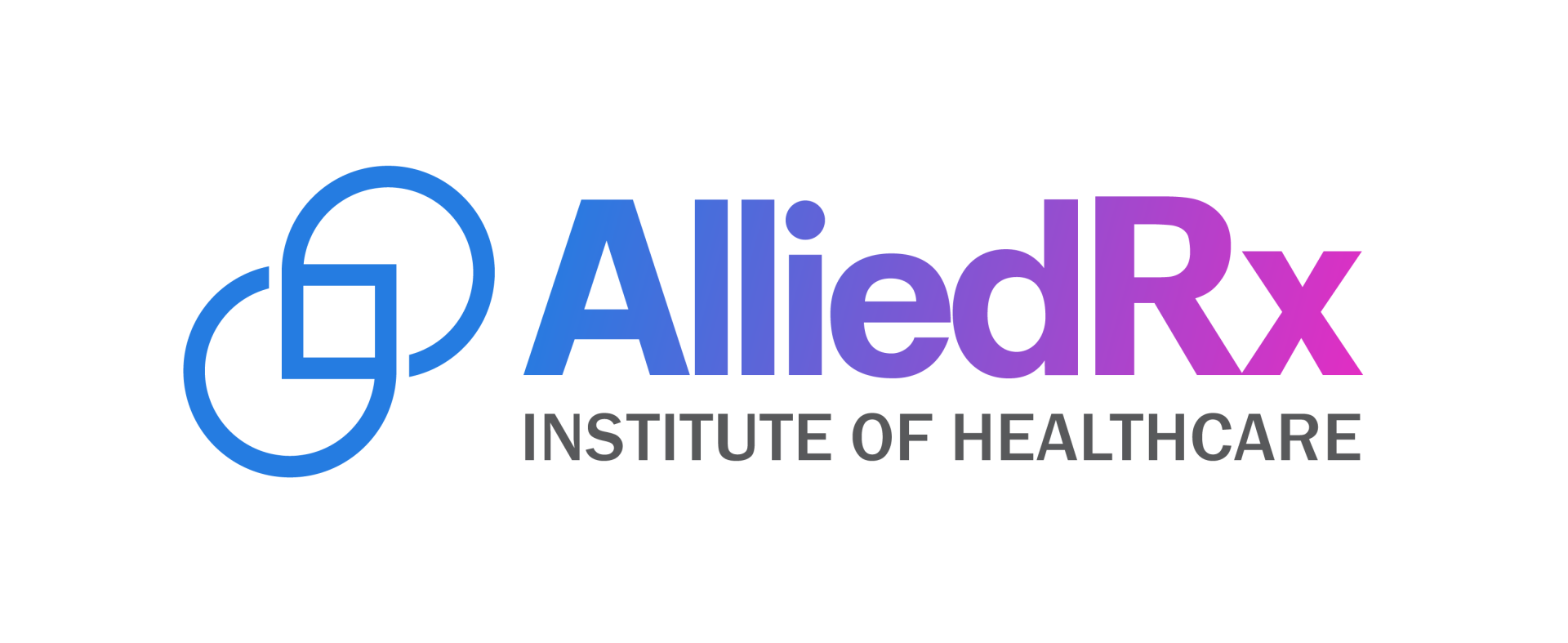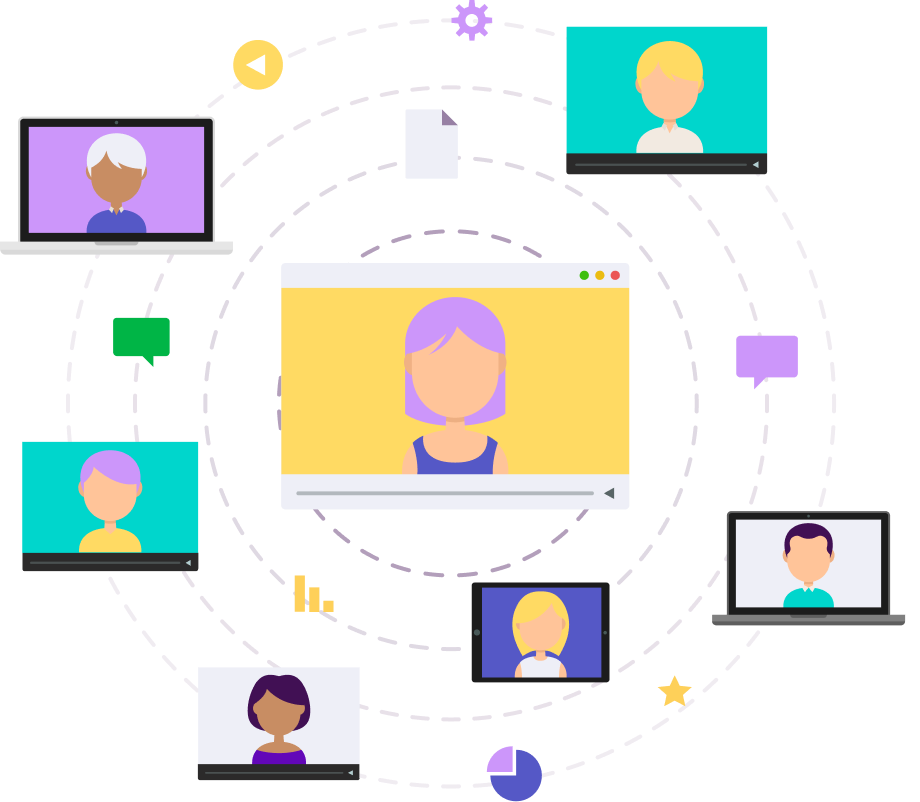1. Not Updating Your Knowledge of Coding Guidelines
One of the most common mistakes medical coders make is failing to stay up-to-date on coding guidelines. The guidelines are constantly changing, so it's essential to stay on top of them. The best way to do this is to read coding publications and attend coding seminars on a regular basis.
2. Coding Too Generically
Another mistake medical coders often make is coding too generically. When you're assigned a code, it's important to take the time to review all of the available options and choose the one that best describes the patient's condition. Don't just choose the first code that comes to mind; take the time to find the most specific code possible.
3. Not Understanding How Modifiers Work
Modifiers are an important part of medical coding, but they're often misunderstood. A modifier is a two-digit code that provides additional information about a procedure or service. Modifiers are used to indicate that a procedure was performed on a different body part than usual or that it was performed by a different provider than usual.
4. Overlooking Exceptions
When reviewing a patient's chart, it's important to look for any exceptions that may apply. An exception is a condition that alters the way a procedure or service is coded. For example, if a patient has diabetes, this will usually result in a higher level of care and therefore a higher reimbursement rate.
5. Forgetting about Bundling Rules
Bundling rules are another common pitfall for medical coders. Bundling rules dictate which procedures and services can be reported together and which must be reported separately. These rules vary from payer to payer, so it's important to be familiar with the bundling rules of every payer you work with.
6 .Not Using Resources Properly
There are many great resources available to help medical coders do their job more effectively; however, not all coders take advantage of these resources. The Centers for Medicare & Medicaid Services (CMS) website is a great resource for finding information on coding guidelines and payment policies. Other helpful resources include the American Medical Association (AMA) website and coding manuals from major coding organizations such as the American Health Information Management Association (AHIMA) and American Academy of Professional Coders (AAPC).
One of the most common mistakes medical coders make is failing to stay up-to-date on coding guidelines. The guidelines are constantly changing, so it's essential to stay on top of them. The best way to do this is to read coding publications and attend coding seminars on a regular basis.
2. Coding Too Generically
Another mistake medical coders often make is coding too generically. When you're assigned a code, it's important to take the time to review all of the available options and choose the one that best describes the patient's condition. Don't just choose the first code that comes to mind; take the time to find the most specific code possible.
3. Not Understanding How Modifiers Work
Modifiers are an important part of medical coding, but they're often misunderstood. A modifier is a two-digit code that provides additional information about a procedure or service. Modifiers are used to indicate that a procedure was performed on a different body part than usual or that it was performed by a different provider than usual.
4. Overlooking Exceptions
When reviewing a patient's chart, it's important to look for any exceptions that may apply. An exception is a condition that alters the way a procedure or service is coded. For example, if a patient has diabetes, this will usually result in a higher level of care and therefore a higher reimbursement rate.
5. Forgetting about Bundling Rules
Bundling rules are another common pitfall for medical coders. Bundling rules dictate which procedures and services can be reported together and which must be reported separately. These rules vary from payer to payer, so it's important to be familiar with the bundling rules of every payer you work with.
6 .Not Using Resources Properly
There are many great resources available to help medical coders do their job more effectively; however, not all coders take advantage of these resources. The Centers for Medicare & Medicaid Services (CMS) website is a great resource for finding information on coding guidelines and payment policies. Other helpful resources include the American Medical Association (AMA) website and coding manuals from major coding organizations such as the American Health Information Management Association (AHIMA) and American Academy of Professional Coders (AAPC).

